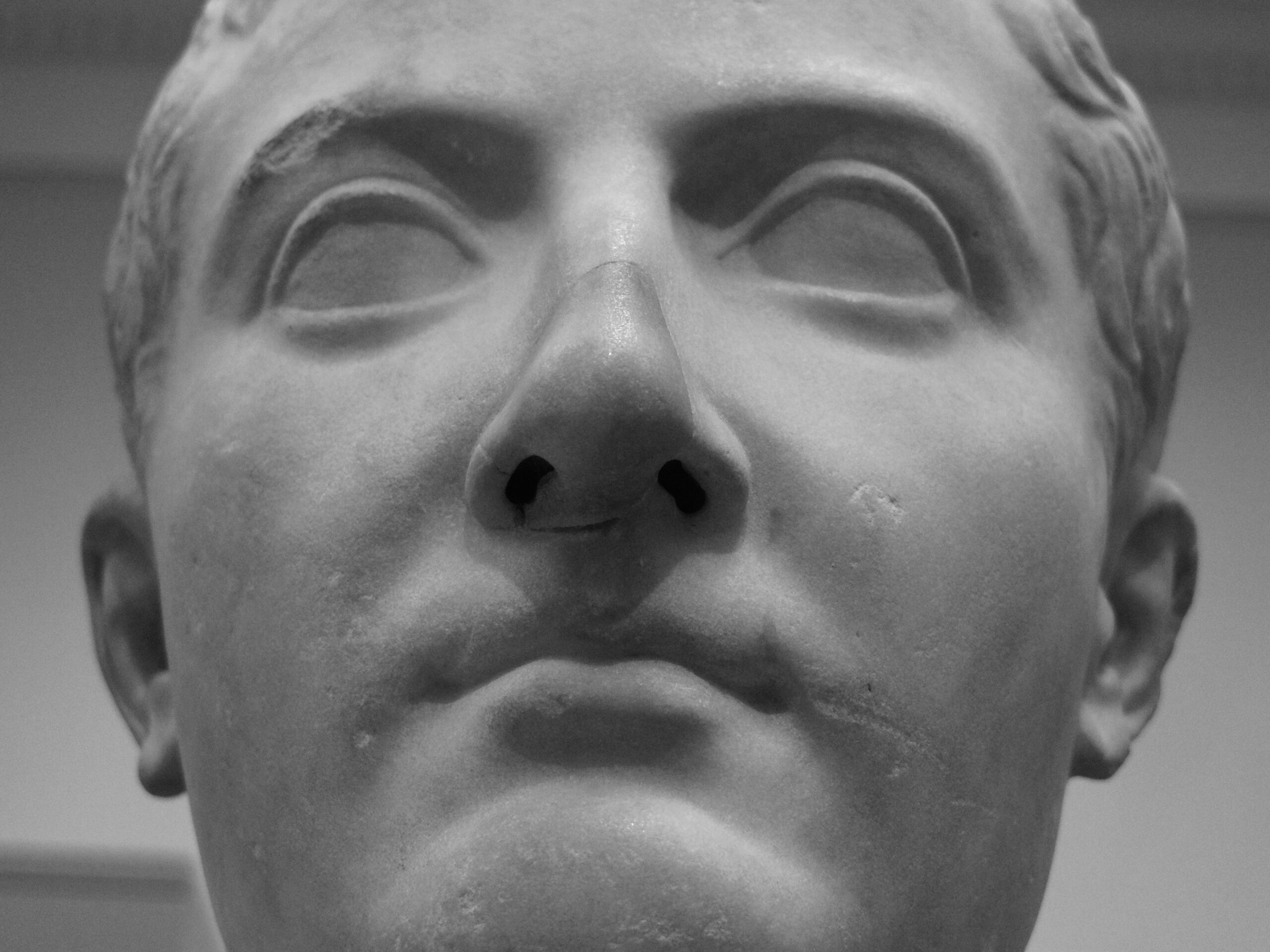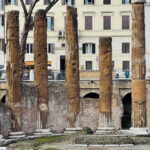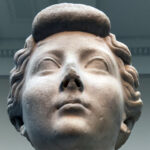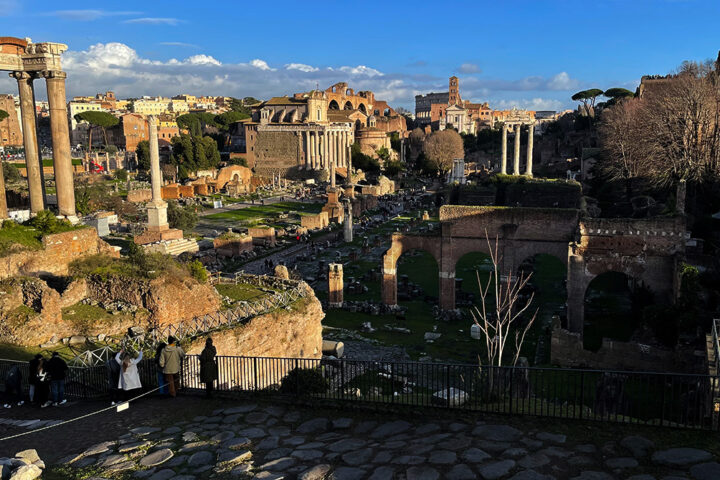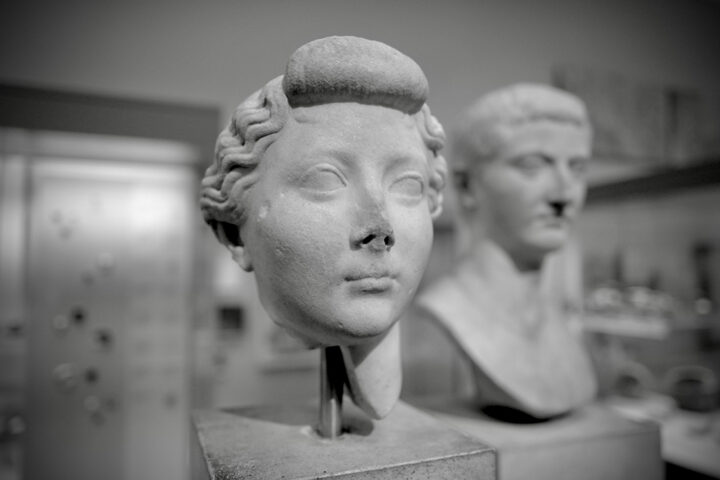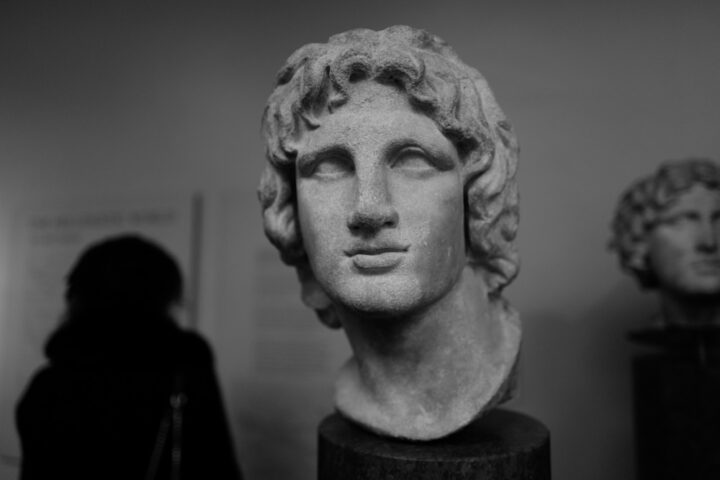Tiberius, the second emperor of Rome, cast a long and controversial shadow over the Roman history. Ascending to power after the death of Augustus, Tiberius began his reign with relative competence and promise. However, over time, his rule degenerated into one marked by paranoia, cruelty, and debauchery, earning him a notorious reputation that persists to this day.
At first, Tiberius displayed the administrative expertise needed to run the wast Roman Empire. He maintained the stability and prosperity established by his predecessor. Tragically, it was not long before a progressive descent into tyranny began to erode these initial successes. Tiberius’s increasing distrust and fear of assassination led to an oppressive regime riddled with treachery and retribution. The emperor’s paranoia fostered a reign of terror, characterized by numerous trials for treason and the execution of purported conspirators.
The latter part of his reign witnessed Tiberius withdrawing from the public eye, retreating to the island of Capri. There, he indulged in decadent and depraved activities, further alienating himself from his responsibilities and the people he governed. His abandonment of direct imperial duties created a power vacuum, subsequently filled by corrupt officials such as Sejanus, the unscrupulous head of the Praetorian Guard. Sejanus’s malevolence further destabilized the empire, leading to political purges and deepening the cycle of fear and repression.
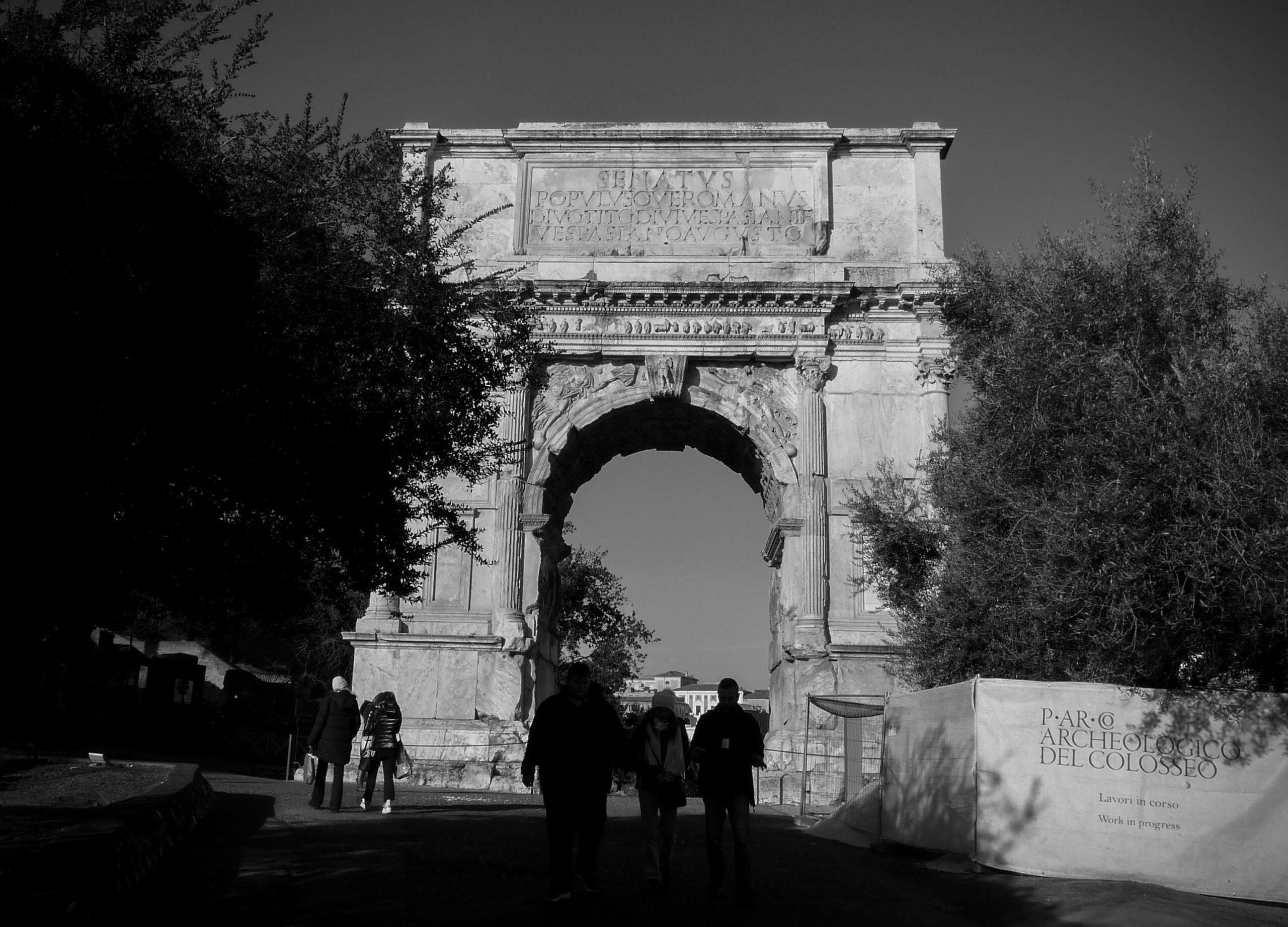
He’s downfall was not the result of a single catastrophic event, but rather a culmination of his increasingly erratic and disconnected governance. His inability to trust others, coupled with his retreat from Rome’s political core, created an environment ripe for betrayal, instability, and malfeasance. By the time of his death in 37 AD, Tiberius had transformed from a promising ruler into an isolated, reviled figure whose legacy was tarnished by his descent into tyranny and debauchery.
The consequences of Tiberius’s failures were felt long after his demise, as Rome grappled with the political and social upheaval that characterized the years following his reign. His life stands as a reminder of how personal flaws and paranoia can contaminate absolute power, resulting in a legacy overshadowed by infamy rather than victory.


